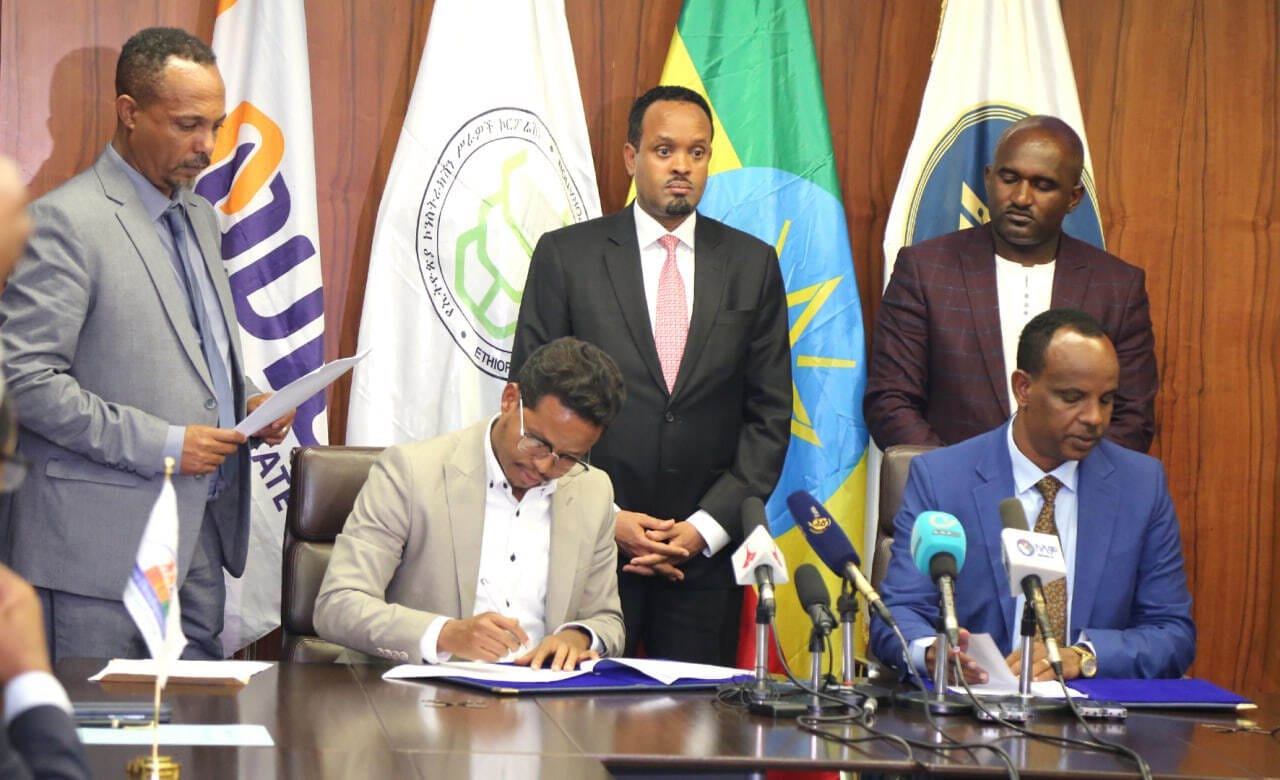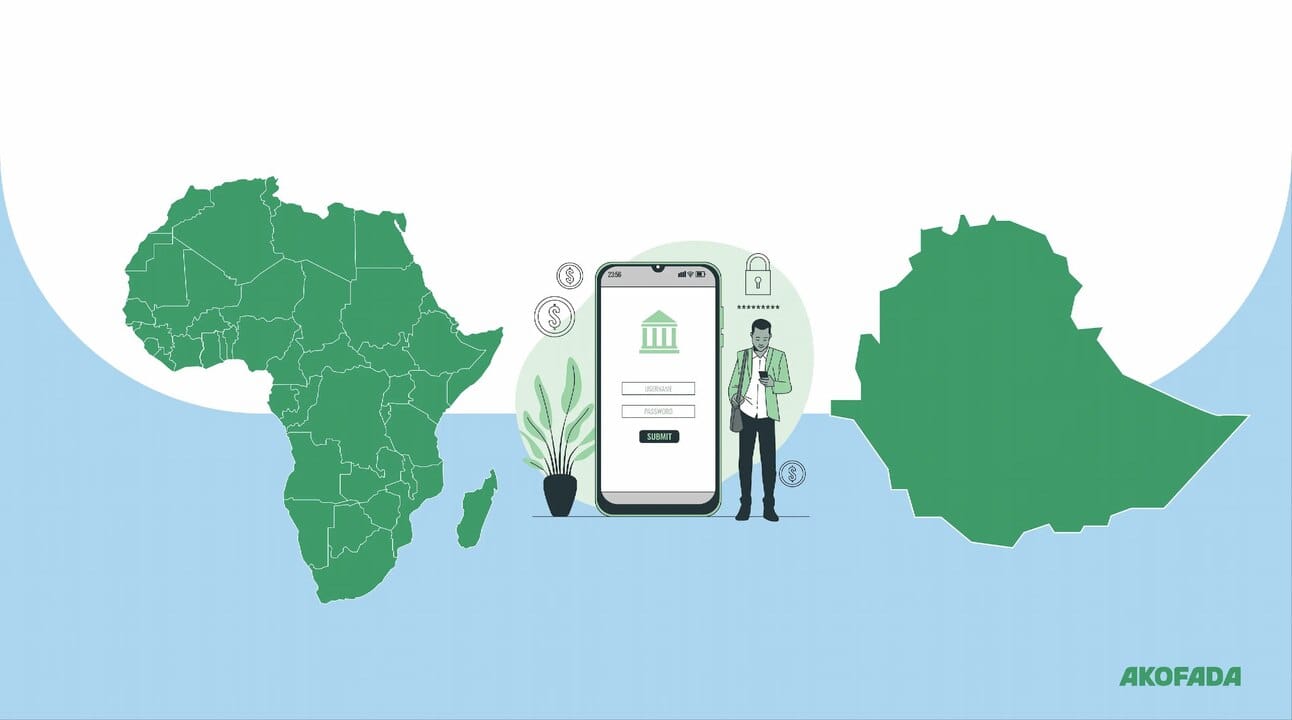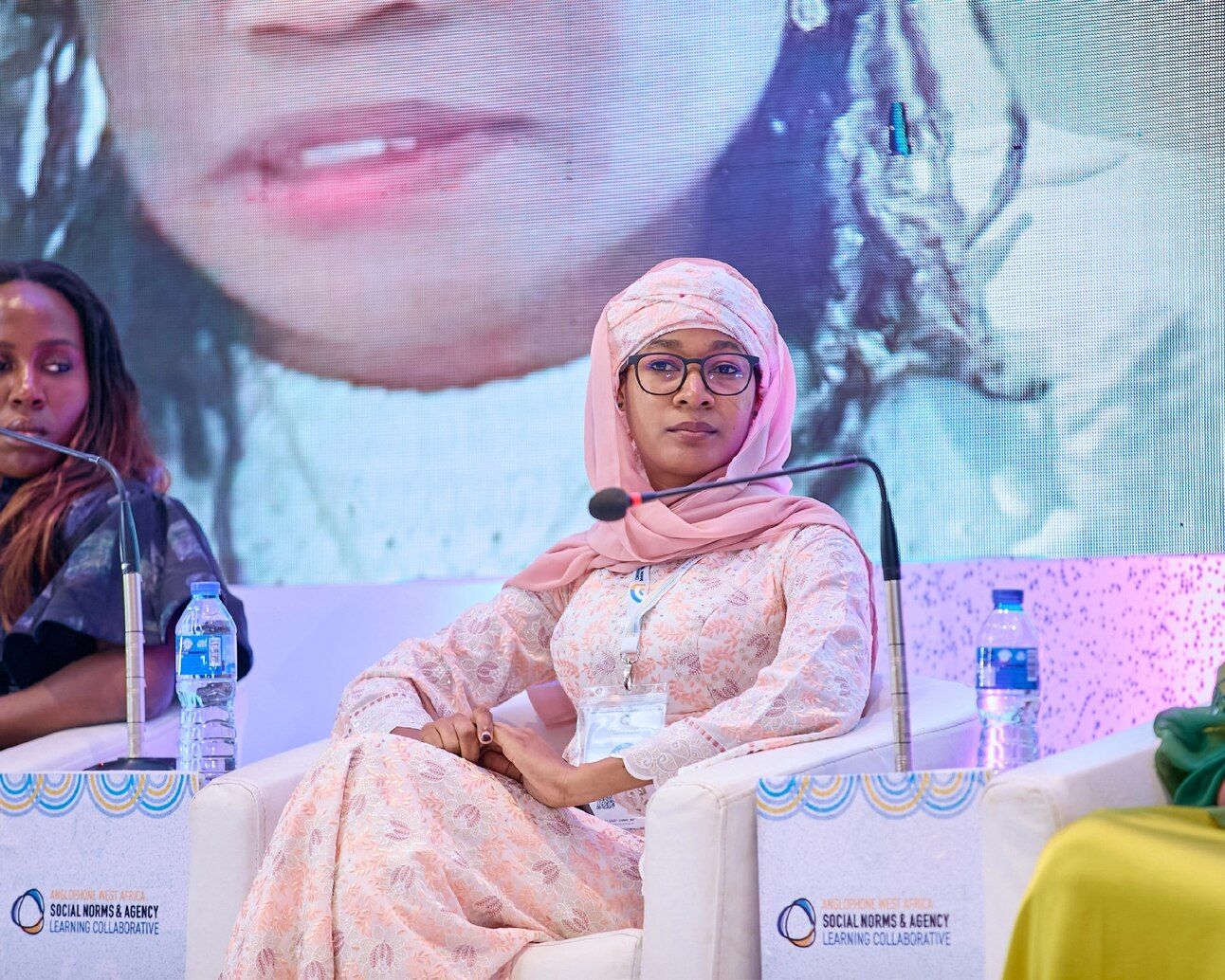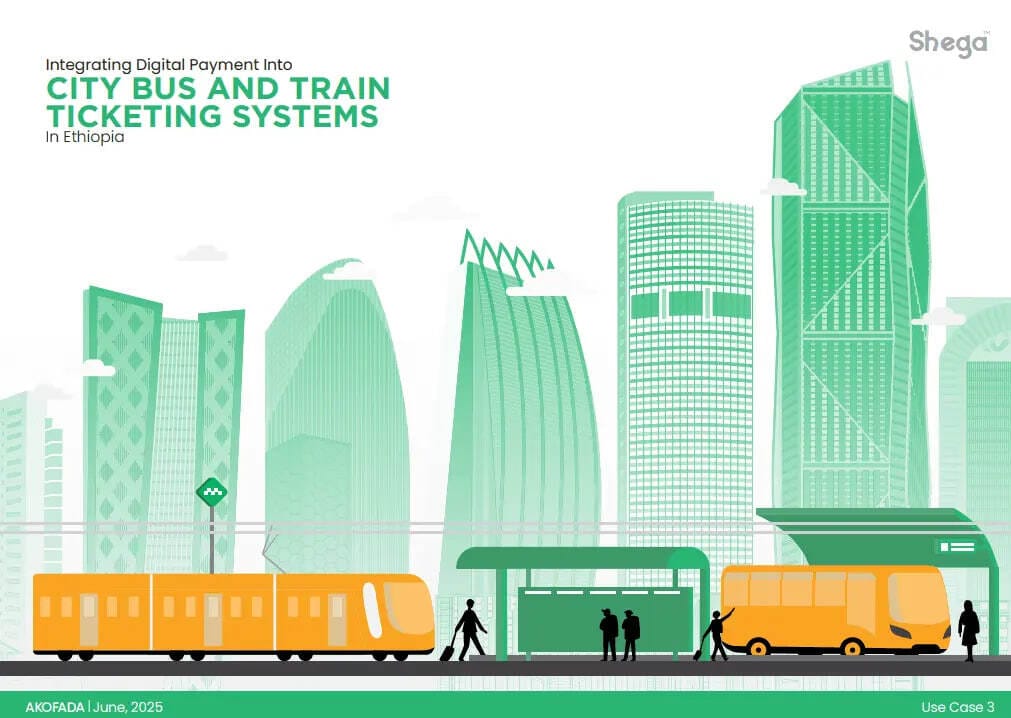
Top Stories of the Week
67 Billion Birr Chaka Housing Project Kicks Off with Major Public-Private Partnerships
Can Foreign Banks Raise the Bar in Ethiopia's Digital Finance?
Ethiopian Electric Utility Earns Over $200 Million from Bitcoin Mining
Siinqee Bank Seeks ECMA License to Become Ethiopia’s Third Investment Bank
Healing Data: Amina Ahmad’s Mission to Humanize Tech in African Public Health
Ethiopia’s Enkopa Summit Returns, Championing Deals, Innovation, and Enterprise
Addis Ababa is no stranger to high-level summits, but the Enkopa Summit stands out for a different reason. Unlike the many government-led or development-focused events hosted in the city, Enkopa is a private-sector-driven convening that puts entrepreneurs, innovators, and business leaders at the center.
Returning on October 9–10, the Summit is designed to do more than just spark conversation. It’s about forming real partnerships, unlocking capital, and catalyzing deals. At its last edition, over 1,200 participants and 300 companies came together, resulting in several investment outcomes. This year, the focus sharpens further: Commerce. Technology. Deals. Registration is open, but space is limited.
67 Billion Birr Chaka Housing Project Kicks Off with Major Public-Private Partnerships
The Ministry of Finance has signed contracts worth 67 billion Birr with private and state-owned developers to construct over 4,100 housing units in Addis Ababa as part of the Chaka Housing Development Project.
The agreements signed on July 3, 2025, also include plans for the controversial “New Palace” and mark the first phase of a broader 72 billion Birr public-private housing initiative. Developers will finance 30 percent of the project costs, with the government providing the land and utilities at no charge. Read more.
Safaricom Averages 30K New Customers Daily in Ethiopia
Safaricom Ethiopia executives were in high spirits last week as the telecom operator marked four years of operations while reaching a 10 million 90-day active subscriber base.
The Company plans to offer device financing over the next few months with locally assembled handsets, partnering with Transsion, as it expands its service offering. Read more.
Can Foreign Banks Raise the Bar in Ethiopia's Digital Finance?

After nearly five decades of protectionism, Ethiopia’s banking sector is finally opening to foreign players as the central bank has issued a comprehensive directive detailing four modalities for foreign entry.
The financial sector is primed for evolution through a flood of new services, capital, and competition. As Ethiopia’s digital financial services (DFS) ecosystem matures, the banks that win will be those delivering intuitive, reliable, and accessible digital solutions. The race won’t be in branches, but in bandwidth. Read more.
Five Ethiopian Insurers Unite under Pula to Protect 10 million Farmers
Ethiopia’s new Agricultural Insurance Consortium (AICE), backed by five domestic insurers and Kenya’s Pula Advisors, is laying the groundwork to insure 10 million smallholder farmers.
Starting with just 200 Birr premiums, embedded within input purchases, AICE is tackling long-standing barriers: low awareness, affordability, and lack of infrastructure.
With access to Pula’s AI-driven infrastructure, including its Mauvoo platform and Insurance Engine, the initiative looks to rapidly scale in Ethiopia's insurance market, where 0.4% penetration has been the norm for quite a while. Read more.
What’s on Our Mind
Next year, Ethiopia is expected to hold its long-awaited seventh national election. Setting aside geopolitical pressures, this electoral cycle may mark a significant turning point, not only in its political stakes but also in its method of execution. For the first time, key elements of the process, including voter and candidate registration, will be managed through a newly developed mobile application, according to Melatework Hailu, Chairwoman of the National Election Board of Ethiopia (NEBE).
At first glance, Ethiopia’s embrace of election technology aligns with a growing global trend toward digitized voting systems. Yet the country's track record raises serious concerns about whether it can implement these tools effectively and fairly. While Ethiopia’s Digital Ethiopia 2025 strategy has encouraged the digitization of public services, many citizens still encounter broken links, blank government portals, and persistent “404” errors, an experience far removed from the efficiency such initiatives are meant to inspire.
The UN's most recent E-Government Index placed Ethiopia 169th out of 173 countries, underscoring the fragility of its digital infrastructure. In the context of national elections, where trust and accessibility are paramount, such shortcomings could have deeply destabilizing effects.
Furthermore, Ethiopia enacted its first data protection law only last year, leaving legitimate questions about privacy and cybersecurity unresolved. In a nation where democratic institutions remain fragile and individual rights inconsistently upheld, voters may rightly worry about how their data will be used, and whether it will be protected at all.
There is no denying that digitization, when executed with rigor and transparency, can improve election administration. But the rollout of new tools must be accompanied by robust legal safeguards, independent technical oversight, and a clear commitment to public accountability. Anything less could deepen mistrust, rather than foster confidence.
In Ethiopia, the road to digital democracy should not be paved solely with software and slogans. It must be built on infrastructure, institutions, and the informed consent of the governed.
Ethiopian Electric Utility Earns Over $200 Million from Bitcoin Mining

Ethiopian Electric Power (EEP) has disclosed that it earned more than $200 million by supplying electricity to Bitcoin mining operations.
According to Moges Mekonnen, EEP’s Director of Communications, the state-owned utility capitalized on underutilized transmission infrastructure by leasing power to crypto mining firms. Monthly revenues from the activity ranged between $25 million and $28 million.
Siinqee Bank Seeks ECMA License to Become Ethiopia’s Third Investment Bank

Siinqee Bank, which evolved from Oromia Credit & Saving, has formally applied for an investment banking license from the Ethiopian Capital Market Authority (ECMA), positioning itself to become the country’s third such institution after CBE Capital and Wegagen Capital, which secured their licenses in March 2025.
The three-year-old bank, which grew its total deposits by an unprecedented 897% reaching 102.5 billion birr by the end of the current financial year, has already received preliminary clearance and engaged Deloitte to develop its investment banking strategy.
If licensed, Siinqee plans to offer a range of capital market services, including underwriting, advisory, and fundraising, in line with Ethiopia’s efforts to establish a functional securities market. Read more.
Abiy Ahmed Announces Completion of Nile Dam Project
Prime Minister Abiy Ahmed (PhD) has announced the completion of the Grand Ethiopian Renaissance Dam (GERD), with the government “preparing for its official inauguration” in September.
The dam, near the Sudan border, began producing power in 2022. The project is expected to ultimately produce over 5000 megawatts of electricity, which is double Ethiopia’s current output and enough to make the East African nation of 120 million a net energy exporter. Read more.
Healing Data: Amina Ahmad’s Mission to Humanize Tech in African Public Health

During Nigeria’s 2014 Ebola outbreak, Amina Ahmad saw firsthand the limitations of digital systems not built for the realities on the ground.
What followed wasn’t just a career pivot; it was the foundation for Datharm, a social enterprise focused on building ethical, locally responsive digital infrastructure for public health systems across Africa.
In this exclusive interview with 𝘚𝘩𝘦𝘨𝘢, she reflects on the risks of misused data, the importance of human-centered design, and why trust, not just adoption, should be a key success metric. Read more.
AfDB Grants $400,000 to Boost Ethiopia’s Capital Market Institutions
AfDB's Capital Markets Development Trust Fund has approved $400,000 technical assistance grant for the Ethiopian Capital Market Authority and Ethiopian Securities Exchange.
The grant will finance technical assistance and capacity-building efforts aimed at strengthening regulatory oversight and accelerating the market’s institutional growth. Read more.
Ethiopia Partners with Nigerian Billionaire Dangote on Fertilizer Plant, Prime Minister Says
Ethiopia has announced a fertilizer plant project in partnership with Nigerian billionaire Aliko Dangote, just hours after securing a $3.5B debt restructuring deal.
Prime Minister Abiy Ahmed (PhD) told Parliament that the project would be completed within 40 months, while construction is set to begin soon.
He also said that a domestic gas production facility in Somali Regional State was developed in partnership with the Chinese government, and the final stages of construction on the Grand Ethiopian Renaissance Dam would be finalized in the coming three months. Read more.
Integrating Digital Payment into City Bus and Train Ticketing Systems in Ethiopia

From long queues to unpredictable wait times, Ethiopia’s urban commuters face daily challenges. The sector needs an innovative solution that can significantly reduce the issues caused by a cash-heavy transaction system.
Explore the latest report under AKOFADA (Advancing Knowledge on Financial Accessibility and DFS Adoption), our initiative dedicated to bolstering access to information on DFS in Ethiopia. The report details how integrating digital payments into city buses and trains can make public transport more efficient, transparent, and inclusive.
Visit DFS Ethiopia Hub to download the report.
Heads Up: What’s Coming & What to Catch
From Our Bookmarks